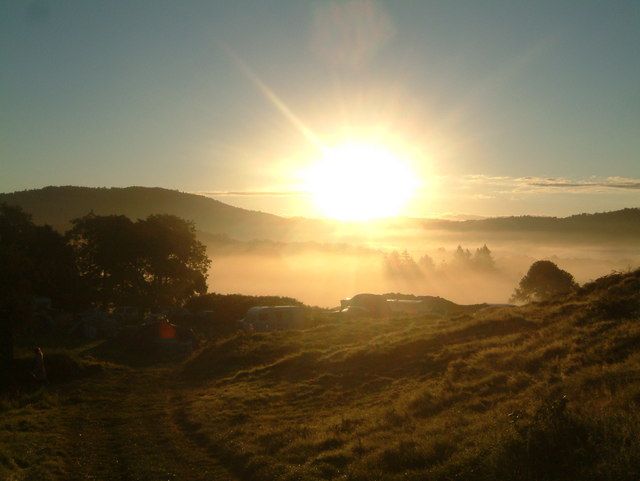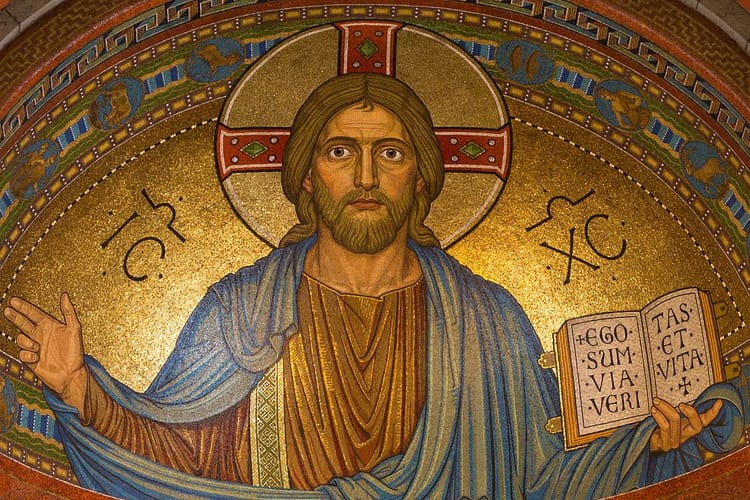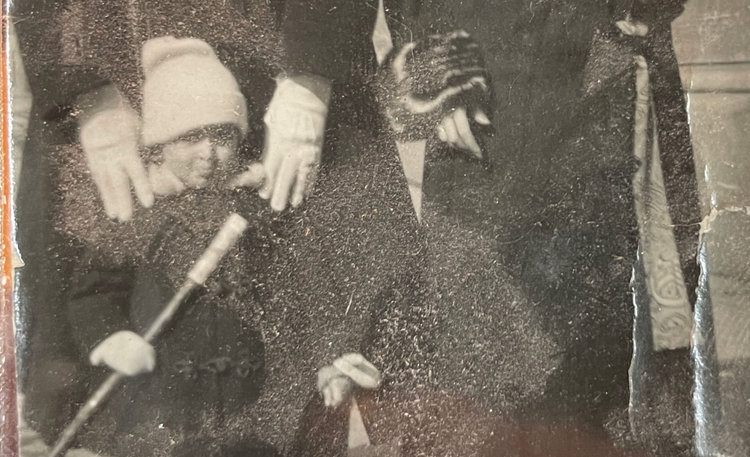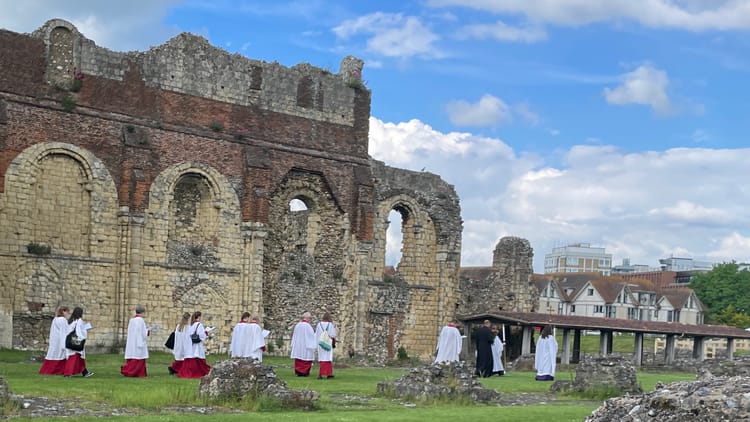Chronos and Kairos

One of the aspects of “Mortal, Can These Bones Live?” that I noticed was the absence of concern regarding clock-time. As our facilitator said in his opening remarks, “I’ve abandoned agendas… because so many are hidden, yah?” (As he also said: “I’m the only Canadian in the room, so you already know I’m brave.” Love it!)
Usually, when structuring a meeting, I follow these rules:
1. Start on time.
2. End on time.
3. Follow a written agenda
We did none of this at “Mortal, Can These Bones Live?” We started more or less on time, but no one was anxious if we were a little late. We ended more or less on time, but no one was anxious if we were a little late. Instead of a linear agenda with bullet points and broken-out times for particular sections, we had a map which organized our days into a rhythm: new information in the morning, discussion in the afternoon, celebration in the evening. Transitions were marked by the ringing of bells and by singing together.
Over the three days we drifted into what the Greeks called kairos: that time which is an experience of the eternal. (Someone who understands Greek better than I do, please correct this in the comments.) Usually my experience of time is chronos: tied to clock numbers.
It put me in mind of Alan Briskin‘s book The Stirring of Soul in the Workplace, and particularly the chapter in which he describes the standardization of time, “When Machines Won the Day.” He writes:
“In the 1850’s, most people still told time by looking at the position of the sun. Time was kept haphazardly from locality to locality, not because it could not be accounted for to the hundredth of a second but because it mattered little to most people… [But] those who wanted coordinated and predictable rail service so as to engineer transportation of goods and people from one area to the next knew that they first needed a system that organized time… On Sunday, November 18, 1883, time was stopped and standardized. On this day, called ‘the day of two noons,’ people were required to reset their clocks by anywhere from two to thirty minutes in order that four new standard time zones, stretching from Maine to California, could be established.” (pp. 99-100, my emphasis)
I learned this piece of history while helping Alan get this book from dissertation to publication. It had never dawned on me before that our clock-oriented culture was the product of historical decisions. I had inherited this culture without re-examining it. Most of the time, I still take it for granted.
But God is not bound by clock-time. When we encounter God, we realize that clocks are a human artifact. Sometimes helpful, sometimes not so much.
Where do you experience kairos?





Member discussion